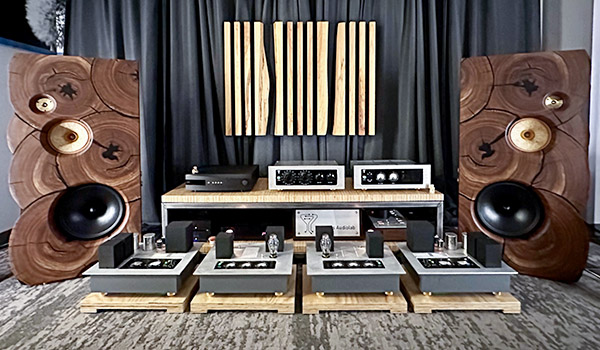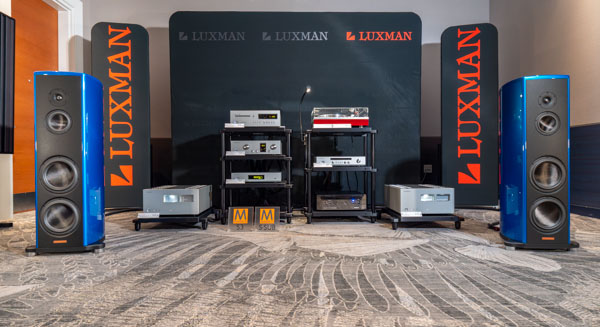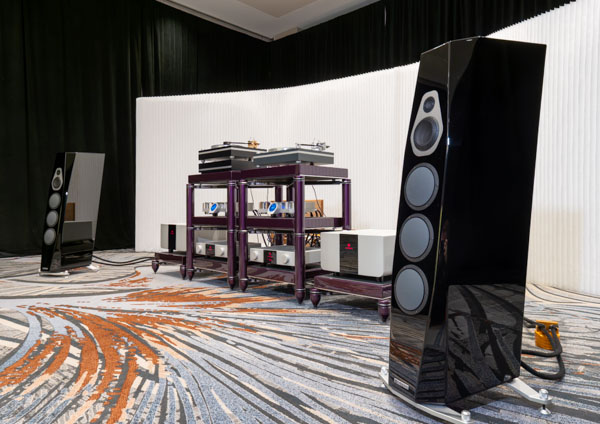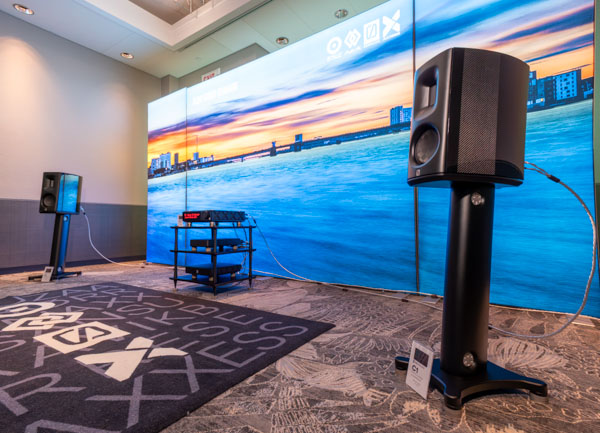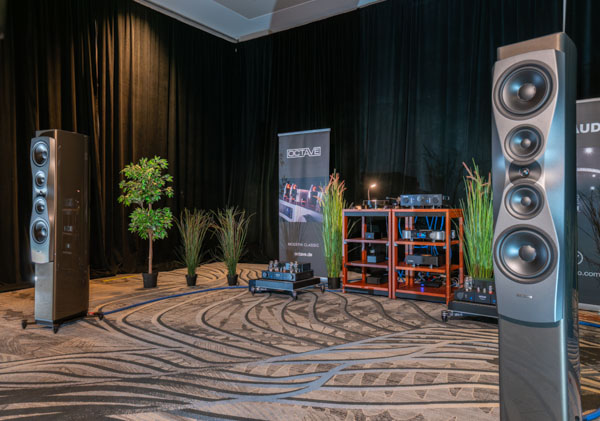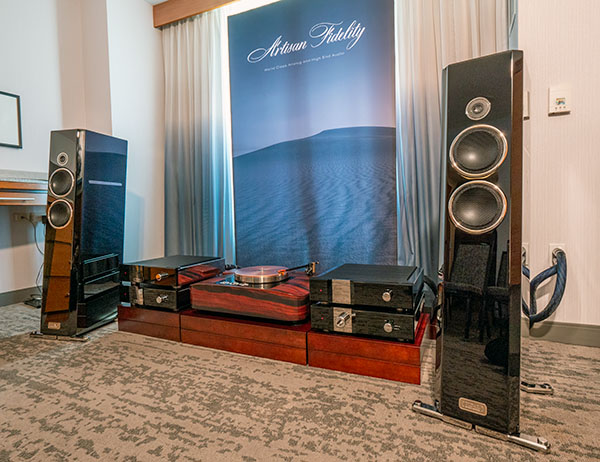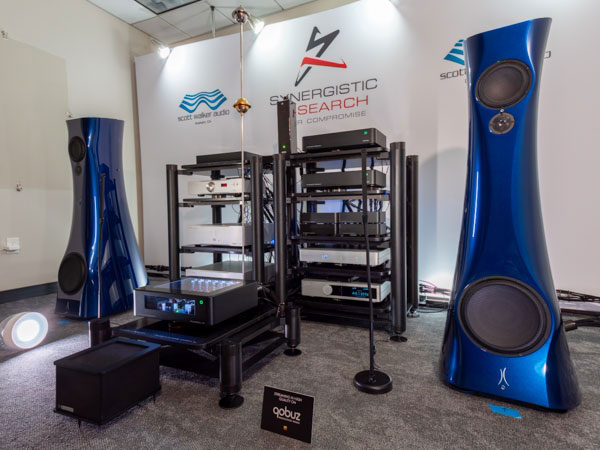
Zesto, Tidal from The Voice That is, Dr. Feickert, Tri-Planar, Ortofon, Cardas, and Stillpoints
Zesto, Tidal from The Voice That is, Dr. Feickert, Tri-Planar, Ortofon, Cardas, and Stillpoints

- Read more about Zesto, Tidal from The Voice That is, Dr. Feickert, Tri-Planar, Ortofon, Cardas, and Stillpoints
- Log in or register to post comments

